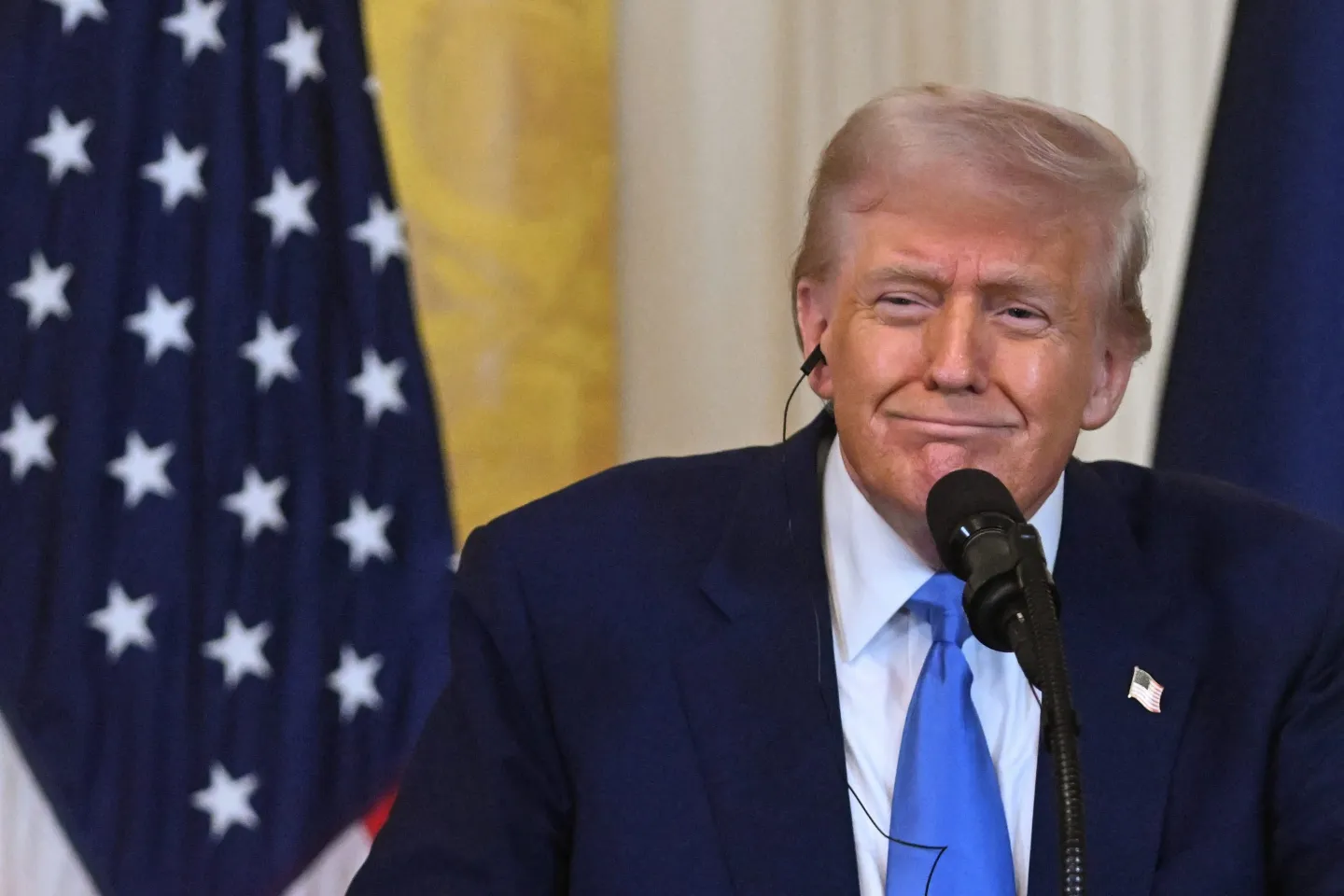New Policy Aims to Strengthen U.S. Economy and National Security

February 27, 2025
In a significant shift in U.S. investment regulations, the Trump administration has launched the “America First Investment Policy”, designed to strengthen national security, protect critical industries, and reduce foreign influence over the U.S. economy.
The policy introduces stricter CFIUS (Committee on Foreign Investment in the United States) reviews and heightened restrictions on foreign investments, particularly from adversarial nations like China and Russia. It also promotes domestic reinvestment, aiming to boost American manufacturing, technology, and infrastructure sectors.
Key Elements of the ‘America First’ Investment PolicyNational Security Enhancements
Protecting American Businesses & Jobs
Restrictions on Investments from China & Russia
Boosting American Competitiveness
With heightened scrutiny, foreign investors may reconsider entering the U.S. market, particularly in high-tech and manufacturing industries.
Shift Toward Allied NationsWhile investments from China, Russia, and other adversarial countries will face restrictions, allied nations like Canada, the UK, Japan, and Australia may continue investing with fewer hurdles.
Concerns from the Business CommunityMany U.S. business leaders support the policy’s focus on national security and job creation, but some worry it could slow economic growth by limiting access to foreign capital.
China and Russia React
Stock Market Gains as Interest Rates Drop
As interest rates fall, investors are finding new stock opportunities. Experts suggest this trend could drive market growth in key sectors

How U.S. Investment Policies Are Evolving in 2024 and Beyond
U.S. investment policies are undergoing major changes, impacting businesses, investors, and financial markets. Learn about key updates shaping the future of investments.

The Influence of U.S. Government Regulations on Investment Strategies
U.S. government regulations significantly shape investment strategies. This article explores how recent changes in policy impact businesses, investors, and financial markets

How U.S. Policy Shifts Influence Investment Approaches
U.S. investment strategies must evolve as government policies shift. This article explores how investors can adapt to changes in regulations and market conditions.

How Regulatory Evasion is Shaping Modern Investment Strategies
As companies and financial markets increasingly challenge regulations, investors must adapt to new risks and opportunities in this evolving economic landscape

How U.S. Tax Laws Influence Investment Strategies
U.S. tax laws play a crucial role in shaping investment decisions. This article explores how changes in tax policies impact investor behavior, asset allocation, and financial outcomes.

How U.S. Investment Regulations Influence Stock Market Movements
U.S. investment regulations play a crucial role in shaping stock market trends. This article explores the impact of regulatory changes on investor behavior, market volatility, and long-term market outlook

Market Strength, Innovation, and Growth Drive U.S. Stocks
U.S. equities continue to outperform, driven by strong earnings, economic resilience, and innovation. Investors remain bullish on long-term market growth

Strategic Equity Insights for Navigating Market Volatility
The stock market remains uncertain amid economic shifts. Systematic equity strategies provide a data-driven approach to managing risk and optimizing returns
The Atlantic Daily
Get our guide to the day’s biggest news and ideas, delivered to your inbox every weekday and Sunday mornings. See more newsletters
.webp)
Ideas That Matter
Subscribe and support more than 160 years of independent journalism.
Subscribe